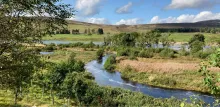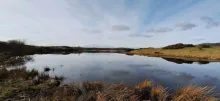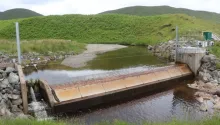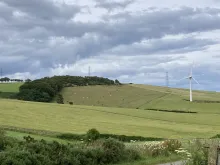Restoring River Woodlands for Healthier Rivers and Resilient Communities
Restoring river woodlands, trees and forests alongside rivers, streams and lochs, is gaining momentum across Scotland. These habitats are vital for improving water quality, reducing flood and drought risks, supporting biodiversity, and boosting community wellbeing. Yet over half of Scotland’s riverbanks are in poor condition, and efforts to restore them still face major challenges.




